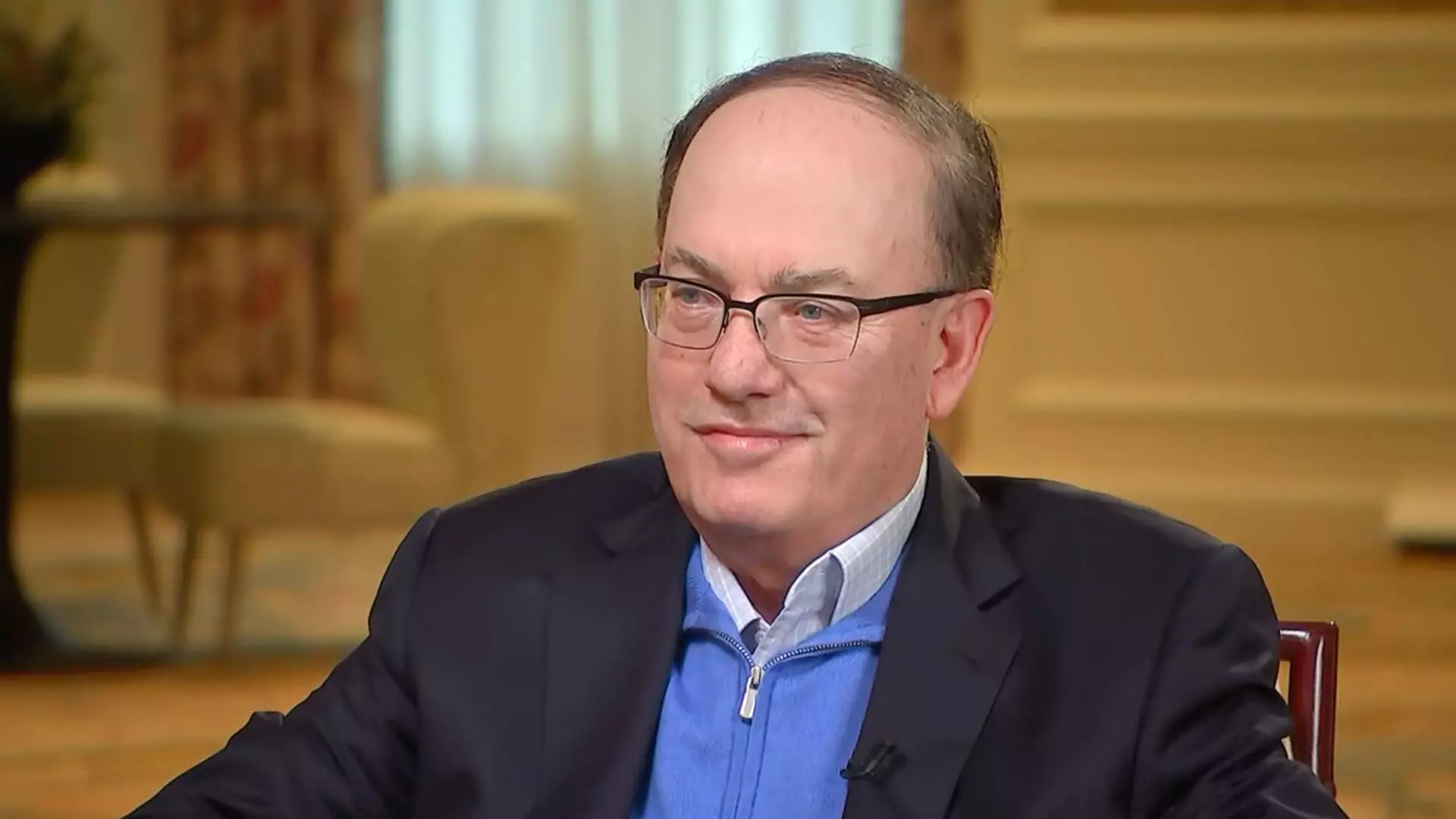Prominent hedge fund manager and billionaire investor Steve Cohen recently voiced his deep concerns regarding the current state and future trajectory of the U.S. economy. Cohen’s pessimism stems from several key factors, including the rise in punitive tariffs, an aggressive stance on immigration, and sweeping federal spending cuts. Especially noteworthy is his assertion that the aggressive trade policies initiated under former President Donald Trump have created an environment ripe for inflation and have the potential to stifle consumer spending.
Cohen explicitly articulated his stance during the FII Priority Summit held in Miami Beach, Florida, where he declared, “Tariffs cannot be positive, okay? I mean, it’s a tax.” This statement underscores his belief that the imposition of tariffs ultimately acts as a burden on consumers and businesses alike, leading to elevated prices and dampened economic growth. The correlation between tariffs and inflation is a classic economic principle that Cohen seems eager to highlight, projecting the risks these policies pose to the broader market.
The Labor Market and Immigration Challenges
In addition to trade policies, Cohen identified the implications of stricter immigration controls as a significant concern. He emphasized that a slowdown in immigration would adversely affect the labor market and ground workforce growth. “With slowing immigration, the labor force will not grow as rapidly as in the last five years,” he cautioned. This potential labor shortage could stymie productivity and innovation while exacerbating wage pressures, further complicating the economic landscape.
The intertwining of labor dynamics and economic health is particularly telling in Cohen’s analysis. As the availability of workers diminishes, companies may face difficulties in meeting production demands, resulting in increased operational costs. This, in turn, could lead to inflated prices for consumers, compounding the inflationary environment that Cohen and others have flagged.
Federal Spending Cuts and Economic Growth Forecasts
Beyond tariffs and labor issues, Cohen also took aim at recent efforts led by Tesla and SpaceX CEO Elon Musk aimed at drastically cutting federal spending. Musk’s ambitions of reducing federal expenditures by an estimated $2 trillion have raised eyebrows in the investment community. Cohen warned that such drastic fiscal contractions could have immediate and harmful implications for economic stability. He expressed concern that the flow of money that has permeated the economy would dwindle, resulting in less consumption and investment.
As Cohen evaluates the macroeconomic landscape, he predicts a slowdown in economic growth, forecasting a dip from an expected 2.5% to about 1.5% for the latter half of the year. This anticipated correction is not merely speculative; Cohen believes we are in a transitional phase, marking a shift in economic trends. He suggested that while the robust gains of previous years may be behind us, the possibility of a significant market correction looms large.
Cohen’s insights paint a picture of an economy facing a myriad of challenges from multiple fronts. With an unstable labor market, punitive trade policies, and a potential tightening of fiscal policies, stakeholders must remain vigilant. His bearish outlook raises critical questions about how these factors will converge and what they will mean for the future of the U.S. economy. Understanding these dynamics will be essential as investors navigate a complex landscape fraught with uncertainty.

